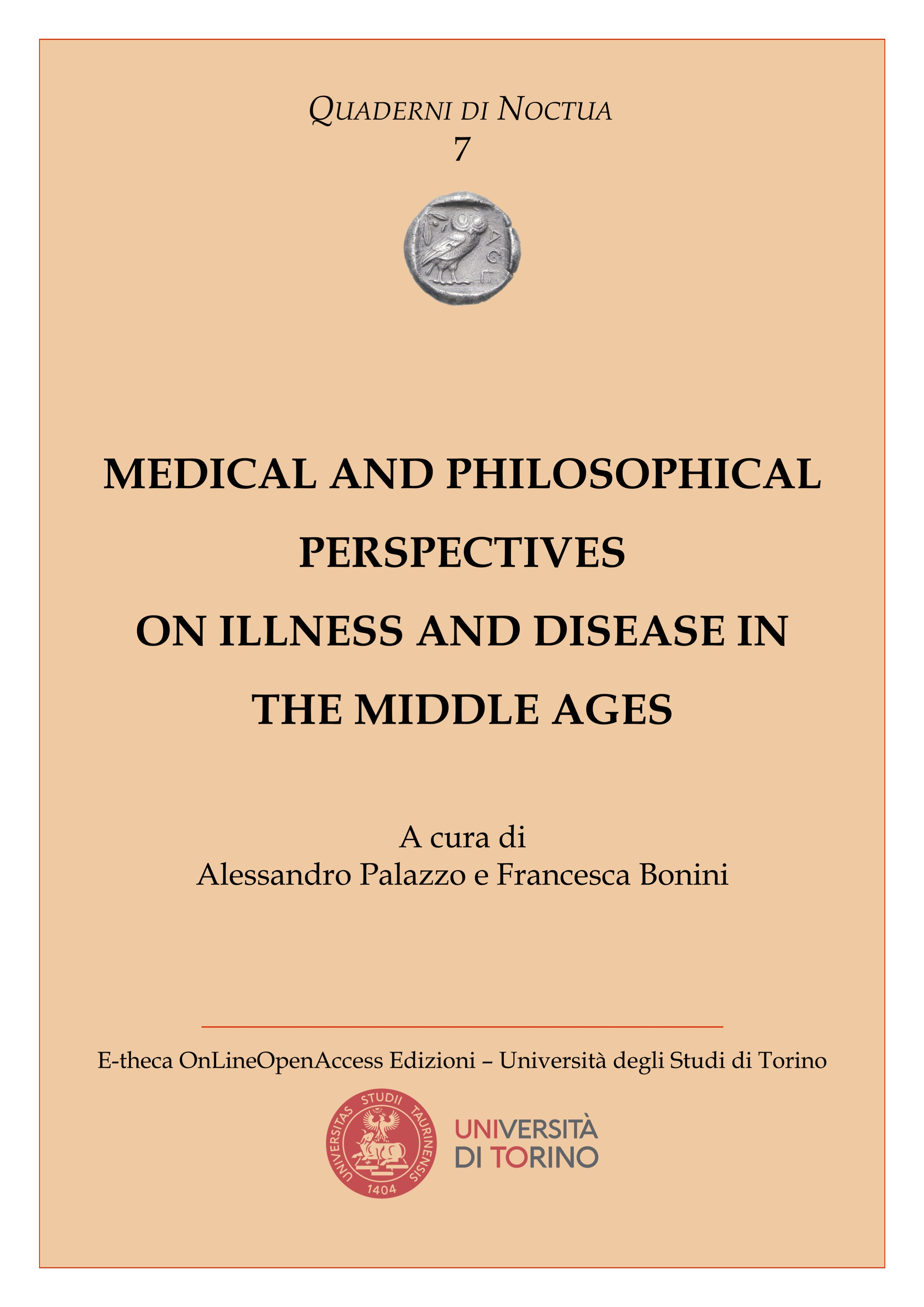Leprosy (al-ǧuḏām) and Smallpox (al-ǧudarī) in the Kitāb al-Malakī and its Two Latin Translations
DOI:
https://doi.org/10.14640/QuadernidiNoctua7-3Keywords:
leprosy, smallpox, Kitāb al-Malakī, Pantegni, Liber Regalis, contagionAbstract
The contribution aims to analyze the pathology of leprosy (al-ǧuḏām) and smallpox (al-ǧudarī) in the Arabic medical encyclopedia Kitāb al-Malakī, composed by the physician ʿAlī ibn al-ʿAbbas al-Maǧūsī, and in its two Latin translations, the Pantegni by Constantine the African and the Liber Regalis by Stephen of Antioch. The study of the Arabic text shows that the etiology of these diseases involves an interplay of different factors, including contagion, and explains to what extent the Kitāb al-Malakī presents original doctrines. Secondly, by taking into account similarities and shifts in comparison with the Arabic original, the contribution shows how the two Latin translators faced the challenge of creating a new lexicon as a vehicle for the innovative translated ideas.
Downloads
Published
Issue
Section
License
Copyright (c) 2024 Anna Gili

This work is licensed under a Creative Commons Attribution 4.0 International License.
Noctua pubblica contributi Diamond Open Access secondo i termini della licenza CC BY / Noctua publishes Diamond Open Access contributions under the terms of the CC BY license.






